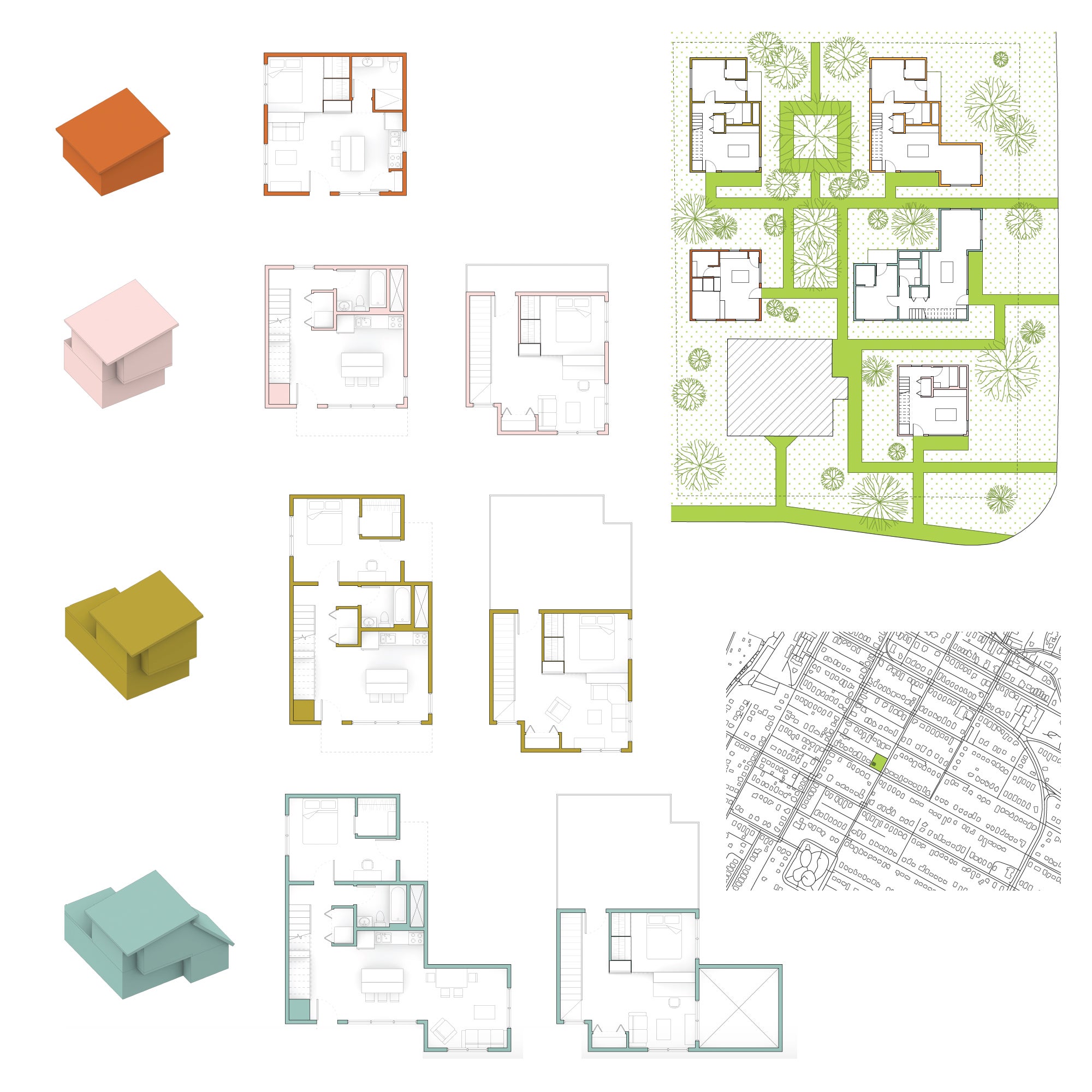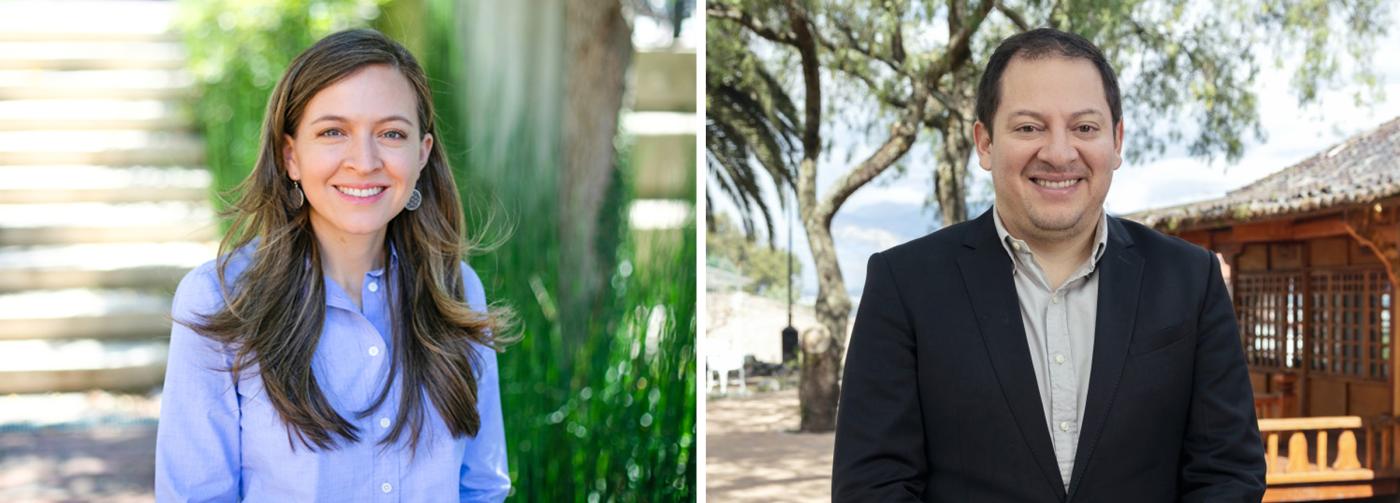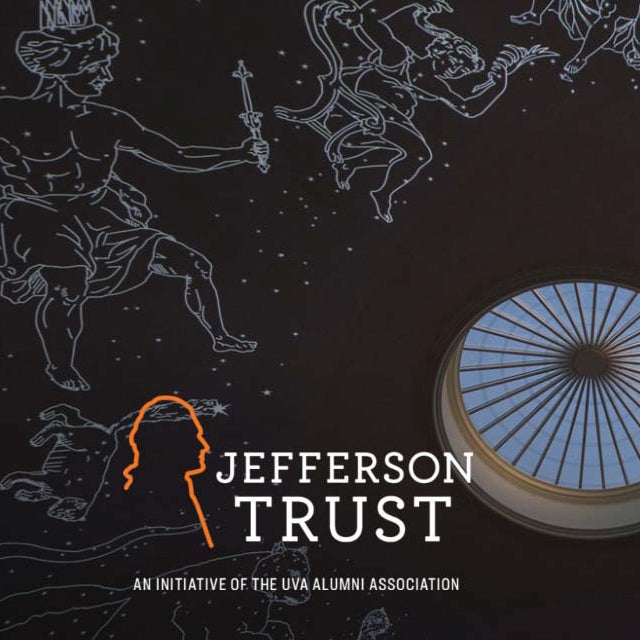
Professor Vanessa Guerra Awarded Environmental Institute Grant to Research Community-led Strategies Addressing Water Insecurity in the Galápagos
The University of Virginia School of Architecture announces that Assistant Professor of Urban and Environmental Planning Vanessa Guerra, PhD, has been awarded a $30,000 grant from UVA's Environmental Institute (EI). The grant supports her cross-institutional research project, Community-Led Water Resilience in San Cristóbal: Participatory Mapping for Adaptive Infrastructure Planning in the Galápagos. This project examines how water insecurity is governed through informal, everyday practices in San Cristóbal, Galápagos, Ecuador.

San Cristóbal, part of Ecuador’s Galápagos archipelago, faces mounting water-related challenges due to limited infrastructure, climate variability, and uneven institutional capacity. San Cristóbal is an ecologically fragile island city of 215 square miles and a population of approximately 6000 people. Residents have experienced unreliable water access, contamination risks, and increased vulnerability during weather events like El Niño.
While the Galápagos 2030 Strategic Plan (prepared by the Galápagos Government Council) calls for improved water management and public participation, planning efforts still lack localized data on how residents’ access, manage, and adapt around water systems. This project investigates the lived experience of water insecurity in San Cristóbal by examining the structural limitations of formal infrastructure systems alongside the adaptive practices that residents develop in response.

Guerra, serving as co-Project Investigator, will collaborate with Dr. Miguel Andrés Guerra (co-PI), associate professor at Universidad San Francisco de Quito USFQ and researcher at the Galápagos Science Center (an institutional partnership between USFQ and UNC Chapel Hill). The research team will conduct fieldwork that includes both qualitative methods (led by V. Guerra) and technical assessments conducted by six TU Delft Master students in the Environmental Engineering Program in the water management, water quality, and sanitation tracks (led by M.A. Guerra). The team’s collective efforts provide an opportunity for integrated data collection and engagement with local stakeholders during a pivotal moment for implementing the Galápagos 2030 Plan.
The research team will use participatory mapping and transect walks to identify spatial, technical, and governance gaps in San Cristóbal’s water system, as well as the adaptive strategies residents develop in response. Their methods support the co-production of data with community members, revealing patterns and practices often overlooked by top-down approaches. This effort building on Vanessa Guerra’s expertise in urban informality and community-led planning practices.
Contributing to both planning theory and local practice by revealing how self-organized responses to uncertainty can inform more resilient and inclusive infrastructure systems, the project aims to offer insights for academic discourse and practical guidance for planners and institutions in the Galápagos — grounded by local realities in this ecologically sensitive island setting.


